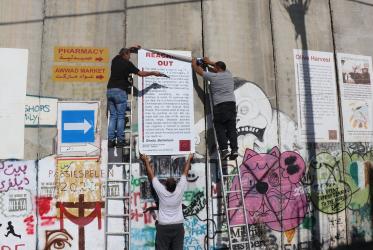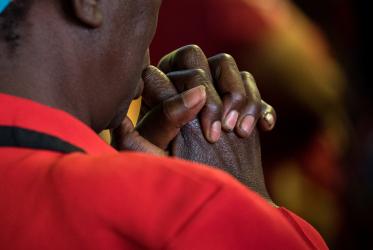Displaying 121 - 140 of 398
Webinar-“From Combatting Racism to Overcoming Racism, Racial Discrimination and Xenophobia: the Old and the New for the Present and the Future of Racial Justice”
08 December 2021
https://us02web.zoom.us/webinar/register/WN_hii5fo8wRz2l5h-jwreA_Q









